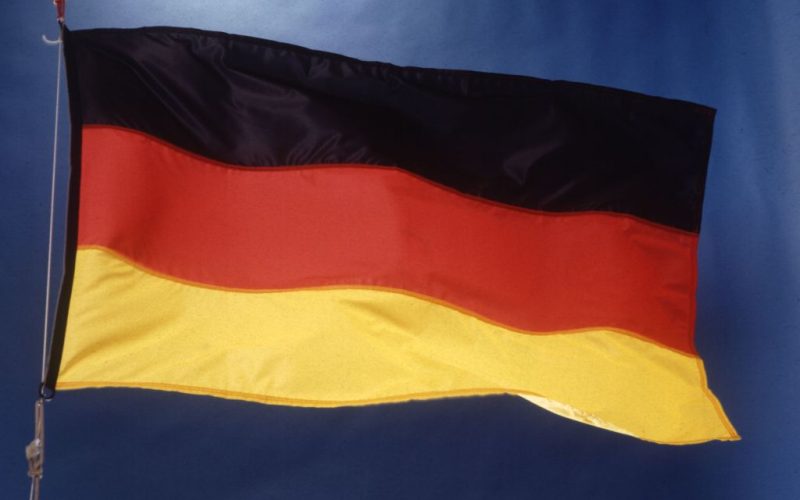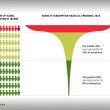Germany’s revenue from carbon pricing reached an all-time high of €18.5 billion ($19 billion) in 2024, up by approximately €100 million ($103 million) from the previous year, according to the Federal Environment Agency (UBA).
The national carbon pricing scheme for heating and transport was the primary contributor, generating €13 billion ($13.4 billion), a 21% increase from €10.7 billion ($11 billion) in 2023. However, revenue from the European Emissions Trading Scheme (EU ETS 1), covering greenhouse gas emissions from energy intensive industrial plants, fell by 30% to €5.5 billion ($5.6 billion), attributed to declining carbon prices and reduced annual emission allowances, the UBA stated.
UBA President Dirk Messner reiterated the need to return a portion of the CO2 price proceeds to citizens through a climate bonus, or ‘Klimageld’. “To ensure fair compensation for private households, especially as CO2 prices continue to rise, we urgently need the climate bonus along with targeted support for vulnerable groups,” Messner said.
He emphasised that CO2 pricing could serve as a “significant impetus for the climate-friendly restructuring of our society” if paired with complementary measures. Revenue from emissions trading is allocated to Germany’s Climate and Transformation Fund, which finances projects such as energy-efficient building refurbishments, renewable energy expansion, and industrial decarbonisation.
Germany raised its national CO2 price to €45 ($46.4) per tonne in 2024, up from €30 ($30.9), following a constitutional court ruling that resulted in a €60 billion ($61.8 billion) shortfall in the Climate and Transformation Fund. The price is set to increase further to €55 ($56.7) per tonne in 2025, adding approximately 3 cents per litre to petrol and diesel prices.
A new EU emissions trading scheme (ETS II) for the transport and building sectors is expected to replace Germany’s national system in 2027.





















